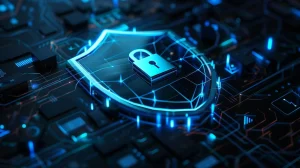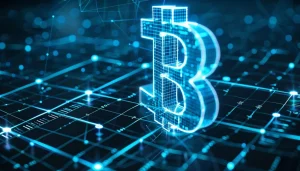What Are dApps? Everything You Must Know!
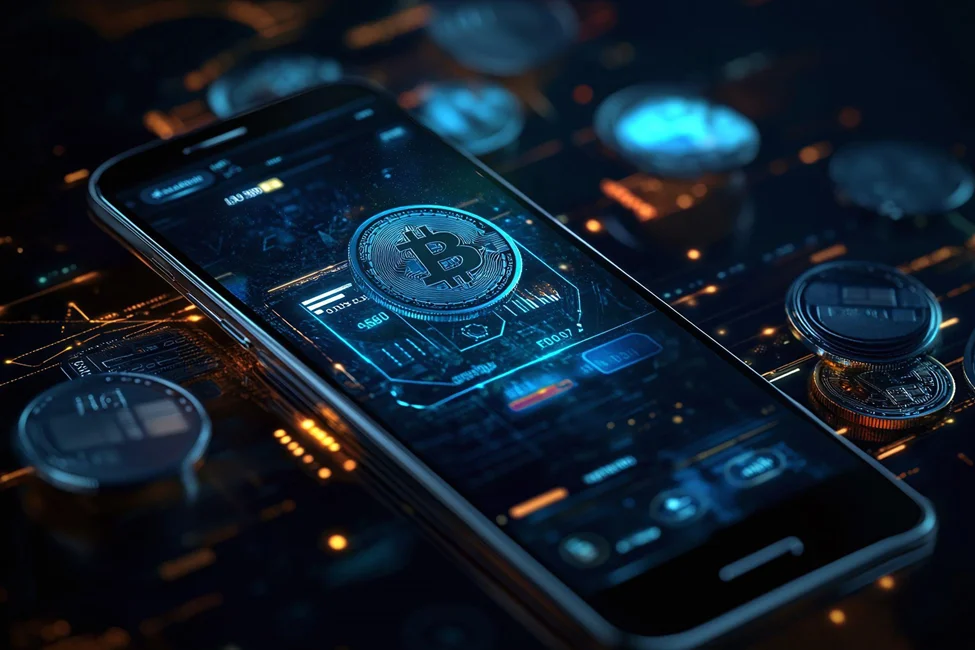
Table of Contents
Picture this. You are at an arcade, and there’s a game machine you absolutely love. But here, all the rules are set by the owner and they are rigid. Right from how many coins you need to how often you can win, you don’t have a say in anything.
Now, imagine another arcade next to the old one. Here, no single person is in control. Instead, the machine’s rules are written on a board for everyone to see, and those rules are always followed with no exceptions. It’s wholesome and sets a collaborative environment.
That’s how dApps work.
dApps leverage blockchain technology and operate on decentralized networks for greater transparency, security, and user control.
Ahead, we tell you what dApps are, their benefits and more. Read on!
What Are dApps?
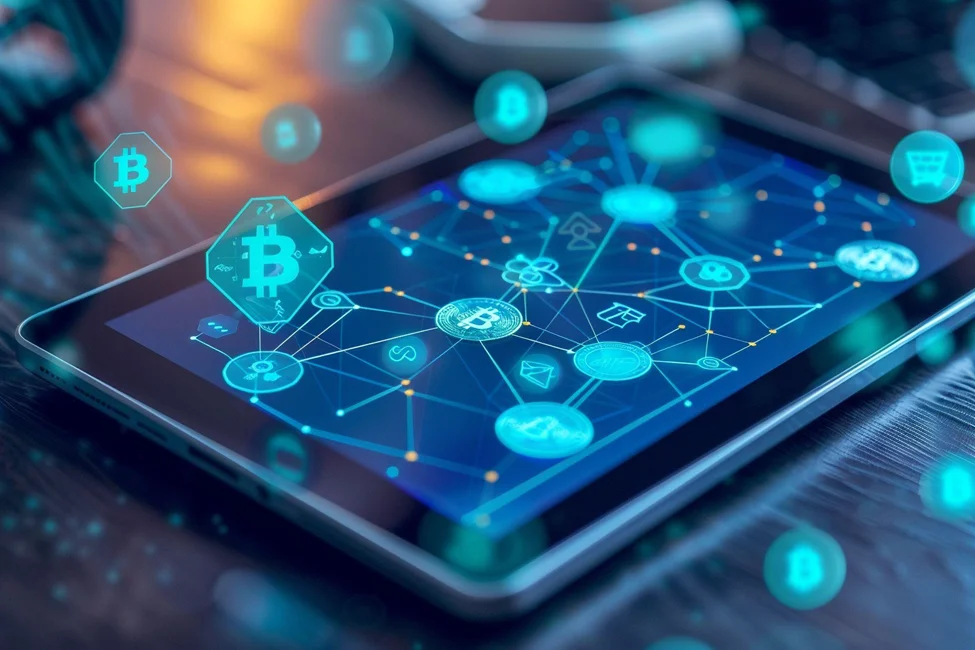
Decentralized applications are commonly known as dApps. These applications cannot be controlled as they do not have a central server or company that manages them. Essentially, these apps operate on a network of computers called a blockchain.
Check out our article on Blockchains, Tokens, and The Decentralized Future.
Since it is distributed across many nodes instead of being stored in one central location, it ensures that no single entity can control or alter the data, which is key to the blockchain’s decentralization.
This provides you with more control, while also ensuring greater security and transparency.
Smart contracts are also used in dApps. These are self-executing programs that carry out the specific terms of a contract once every condition included within it is satisfied. Now, you don’t have to depend on a middleman in your dealings.
These apps are also open-source. This means anyone can look at or improve the code.
Today, dApps are changing industries like finance, gaming, and social media, and are a part of the future of the internet called Web3. That’s why the dApps market size reached US$ 31.2 billion in 2023.
What Makes dApps Different?

??A centralized app is like any other app you use on your smartphone. It has a single owner, usually a company, that controls everything. The app’s software runs on their servers. So, when you use the app, your device sends and receives information from these servers, which are in charge of things like storing your data and running the app’s features.
But with dApps, things are different.
Here, you are not controlled by a single company or server and instead run on a blockchain or a peer-to-peer network.
Explore: What Is A Layer 1 Blockchain?
This means that no one person or company controls it. You interact directly with each other through the app and don’t need a central authority to oversee the transactions.
Main Features of dApps and How They Benefit
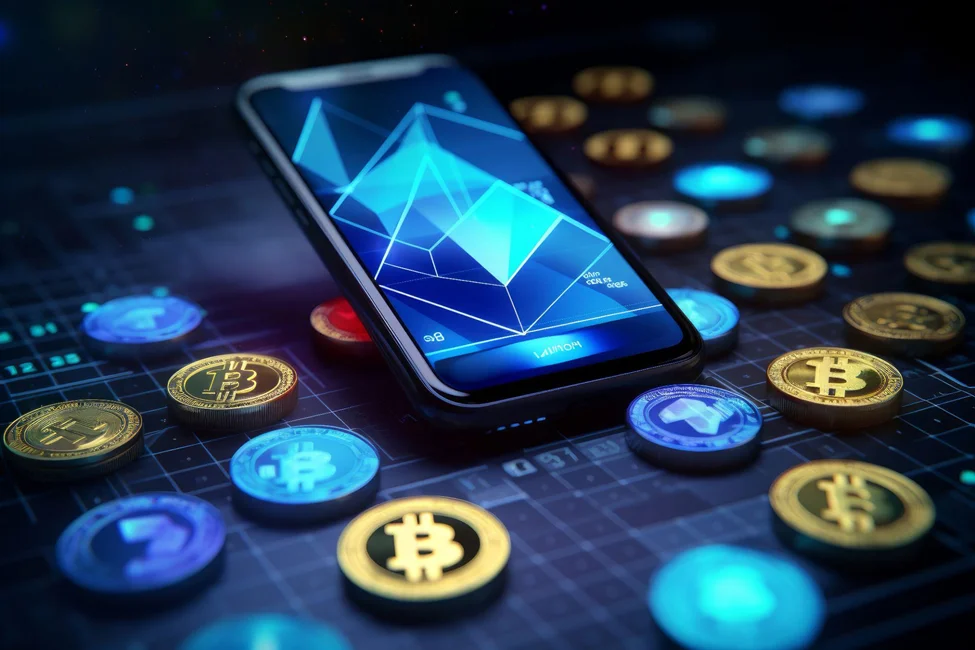
Now, let’s understand some of the main features of dApps.
Decentralization
As mentioned earlier, dApps run on blockchain or peer-to-peer networks, and no single entity has complete control.
Therefore, transparency gets elevated and it becomes more resistant to censorship, hacking, or downtime since there is no single point of failure. Hence, when you compare it to other centralized apps, there’s greater stability and fairness.
Open Source
An open-source app means that its code is often available for anyone to see and modify. So, this invites collaboration where both users and developers take essential steps towards improving the app.
Also, it builds trust because anyone can verify the code for security or functionality. Since no one is gatekeeping the development of dApps, they have the opportunity to grow based on the community’s needs.
Smart Contracts
Smart contracts are self-executing digital agreements built on dApps. When all necessary conditions are met, they automatically execute the action. So, you don’t require any third party to help you out here.
Also, smart contracts are super secure and transparent. They cannot be altered once deployed on the blockchain. And, these contracts ensure that both sides fulfil their obligations. So, as you can see, it enhances efficiency and reliability in transactions.
Tokenized Economy
When it comes to the internal economy in dApps, tokens are used. Now, these tokens can represent several different things, such as ownership, rewards, or a stake in the app’s governance.
You may also earn tokens via your contributions like content creation, providing services, or even participating in decision-making processes.
These tokens hold value and can be used to access premium features or as a currency within the app.
Privacy
In dApps, you are in control of your data and personal information. Also, dApps operate on blockchain networks where you are given the responsibility to manage your data. Since it’s not stored in a centralized database or controlled by a single entity, the privacy and security aspects get elevated.
Here, sensitive information is often encrypted and distributed across the network. You can even choose what to share and maintain full control over your digital footprint.
Immutability
As the dApps use blockchain for data storage, it is secure because it is decentralized. Also, once a transaction is recorded on the blockchain, it cannot be altered or deleted. So, it maintains the immutability of data.
This also makes dApps highly resistant to fraud, hacking, or tampering.
Cryptographic techniques also enhance security and make it more difficult for malicious individuals to manipulate or access the information without authorization.
Censorship Resistance
Since there is no central authority running dApps, you are less likely to be censored or shut down.
So, anyone can now access and use dApps freely, even in places where governments or organizations try to block certain content or services. You get unrestricted access.
Global Accessibility
dApps can be used by anyone with an internet connection, regardless of where they are in the world.
Since you aren’t restricted by regional limits or centralized control, anyone with limited access to traditional services can also benefit from using dApps.
Industries That Use dApps
Let’s look at some of the top industries that have jumped on the bandwagon and utilised the benefits of dApps.
Finance (DeFi)
Decentralized finance (DeFi) enables financial services like lending, borrowing, and trading without relying on traditional banks.
These services are offered through decentralized applications that operate on secure and transparent blockchain networks.
Gaming
Blockchain technology lets gamers own and trade in-game items as unique digital assets (NFTs). This gives players real ownership and the ability to earn money from their gameplay.
Supply Chain Management
dApps can track products as they move from the maker to the store. This technology makes it easy to see where things come from, which helps prevent fraud and makes sure products are safe and reliable. This is useful for many industries, like food, fashion, and manufacturing.
Healthcare
dApps can help manage medical records in a secure and private way. This means patients have more control over their own health information. Doctors and hospitals can easily share information when needed, which can improve patient care and reduce paperwork.
Insurance
dApps can automate how insurance claims are processed and paid out. This uses smart contracts, which are like automated agreements. By removing the need for many middlemen and using transparent systems, people can get their insurance payouts quickly and fairly. This also reduces fraud and makes the whole insurance process more efficient.
Real Estate
dApps can help with buying and selling property. They make things more transparent by securely storing information about property ownership and contracts on a blockchain. This helps prevent fraud and makes the whole process smoother and more trustworthy.
Legal Industry
dApps can help with legal work by making it easier to manage contracts, resolve disputes, and store important documents securely. Smart contracts can automatically enforce agreements, which reduces the need for lawyers to handle many of the details and ensures everyone involved is treated fairly.
Conclusion
Today, dApps are changing the way we use digital apps. They provide better security, transparency, and control, which we didn’t have before.
By removing middlemen, they also lower costs. As dApps keep growing, they could transform the internet, making it more open, fair, and accessible for everyone.
MFEV is part of this growth. With its secure, scalable infrastructure and seamless integration with EVM-based platforms, MFEV improves the development and functionality of dApps. As a result, it helps drive innovation and promotes a more decentralized, open, and fair digital system. If you wish to know more, visit mfev.io.


